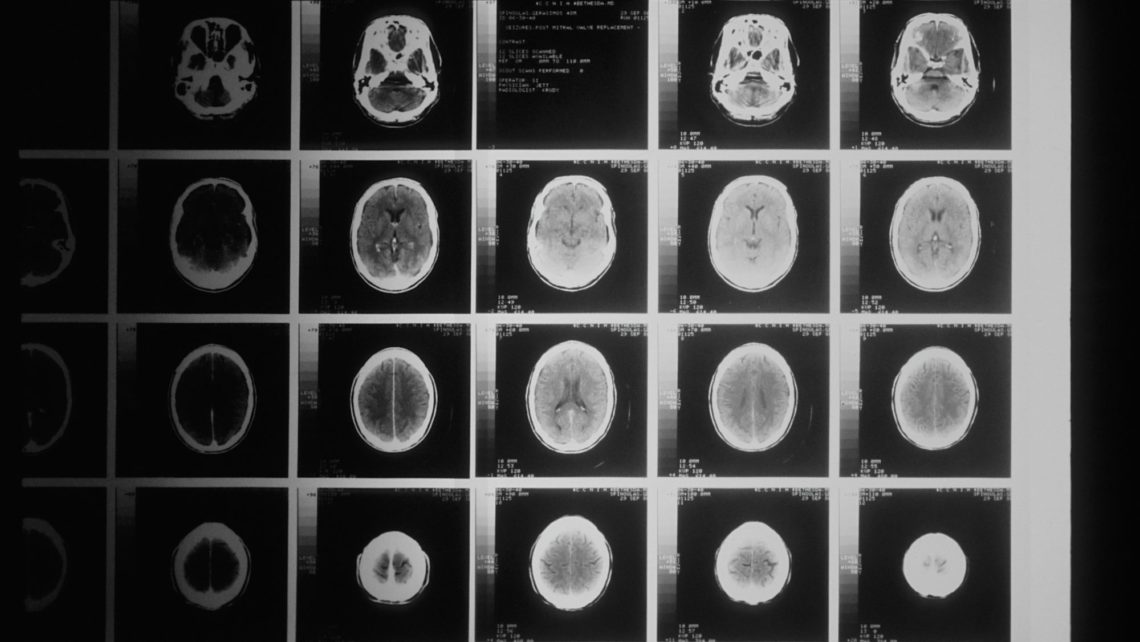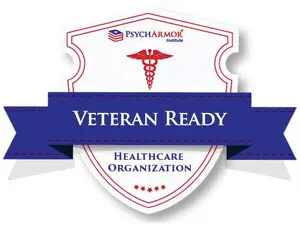Understanding Traumatic Brain Injuries and Substance Use
 People experience traumatic brain injuries (TBIs) in many ways: assaults, contact sports, falls, firearm accidents, and motor vehicle crashes are the top causes. Sometimes, they recover just fine over time without side effects or lasting repercussions. But for others, dealing with TBI-related pain and other symptoms might cause them to abuse alcohol and drugs.
People experience traumatic brain injuries (TBIs) in many ways: assaults, contact sports, falls, firearm accidents, and motor vehicle crashes are the top causes. Sometimes, they recover just fine over time without side effects or lasting repercussions. But for others, dealing with TBI-related pain and other symptoms might cause them to abuse alcohol and drugs.
The Consequences of TBIs
A TBI is due to a bump, jolt, or penetration of the head. The condition is rated as mild, moderate, or severe.
Depending on the nature of the accident and damage to the brain and skull, TBIs can compromise neurological function, causing such symptoms as:
- Confusion and disorientation
- Impaired learning ability
- Impaired memory
- Impaired concentration and problem-solving ability
- Speech difficulties
TBIs also cause physical issues and impact behavior, resulting in:
- Aggression
- Anxiety
- Blurred vision
- Changes smell and taste
- Depression
- Dizziness and loss of balance
- Difficulty sleeping or sleeping more than usual
- Headaches or migraines
- Light and sound sensitivity
- Nausea and vomiting
- Seizures
Sometimes these symptoms are apparent right away, but for more serious conditions, they might gradually appear.
Vulnerable Populations
Anyone can suffer a TBI, but the Centers for Disease Control indicates they happen more frequently to individuals who make up society’s most vulnerable populations, including people:
- Who experience homelessness
- In correctional and detention facilities
- Who live in rural areas
- Who are survivors of intimate partner violence
Additionally, service members and veterans are often at risk not only for suffering TBIs but also for more extreme effects their TBI is related to conflict, PTSD, or additional trauma.
The Connection Between TBIs & Addiction
Individuals who experience long-term symptoms stemming from TBIs consider all options to alleviate their discomfort. Sometimes, turning to drugs or alcohol provides escape from symptoms or helps to mitigate pain. Unfortunately, substance use inevitably complicates their existing condition and ultimately, their overall health. If addiction develops within an already compromised brain, this disease will only worsen.
According to research published in the Journal of Neurotrauma:
- Individuals who have a previous history with alcohol or drug abuse prior to their TBI have “an increased risk for relapse to abuse or dependence.” Additionally, there are reports of a “high incidence of (pre-injury) drug and alcohol abuse in persons receiving care for TBI, where in many cases, the subject was intoxicated at the time of injury. That drug abuse increases risk for TBI, and impairs recovery from TBI, has essentially been established.”
- “Decision-making deficits” as a result of the TBI may also increase the risk for developing substance use disorder (SUD) and alcohol use disorder (AUD).
Further, the Ohio Valley Center for Brain Injury Prevention and Rehabilitation (OVC) reports that “some studies have indicated that between 10 percent and 20 percent of persons with traumatic brain injury develop a substance use problem for the first time after their injury. Thus, taken together, it is a very high proportion of individuals who have been hospitalized for traumatic brain injury who will be at risk for developing a problem after their injury—either because they had one before or because of the vulnerabilities created by the injury itself.”
Additionally, roughly 60 percent of people seeking treatment for TBI have SUD or AUD as well.
OVC notes that people with SUD and AUD:
- Don’t recover from their TBI as well as they could, both mentally and physically.
- Often encounter more difficulties in daily life managing the symptoms of their TBI, which in turn causes even greater problems with work and in relationships.
- Suffer more complicated symptoms of co-occurring mood and behavior disorders.
- Possibly experience more severe repercussions, such as seizures, that wouldn’t otherwise manifest.
- Could potentially suffer another TBI while under the influence.
While research continues, current data points to the fact that people who suffer TBIs shouldn’t use drugs or alcohol at all, as “there is no safe amount after brain injury.”
Specialized Treatment at Seabrook’s New Jersey Facilities
There’s never one risk factor for addiction, which is why it’s critical that if you or a loved one suffered a TBI and also have SUD or AUD, treatment needs to be medically supervised and detailed to accommodate the multiple levels of healing required. So when choosing a rehab facility, keep the following factors in mind.
First, board certified medical personnel should do a thorough assessment of physical, emotional, and mental health. In some situations, it’s best for an individual to receive hospital care for a particular condition before advancing to substance or alcohol detoxification. The medical team at the rehab facility will work in tandem with a person’s TBI care team to determine when this begins.
Based on TBI recovery progress, detoxification should also be medically supervised for the recommended duration. Depending on the substances used and a person’s overall physical condition, this could last up to three weeks. Helping a person stabilize in this way is just the beginning of SUD and AUD treatment.
Now, based on the initial assessment, addiction treatment specialists customize a plan of healing recovery to address the emotional, psychological and spiritual damage of addiction. Inpatient treatment is usually 28–35 days, although it can be longer. Outpatient care is often a minimum of eight months. Each individual’s plan is unique to their circumstances, designed with various therapies to help them manage both conditions effectively.
If you or a loved one has questions on how to move to the next step of care, please talk to one of our admissions specialists today.




